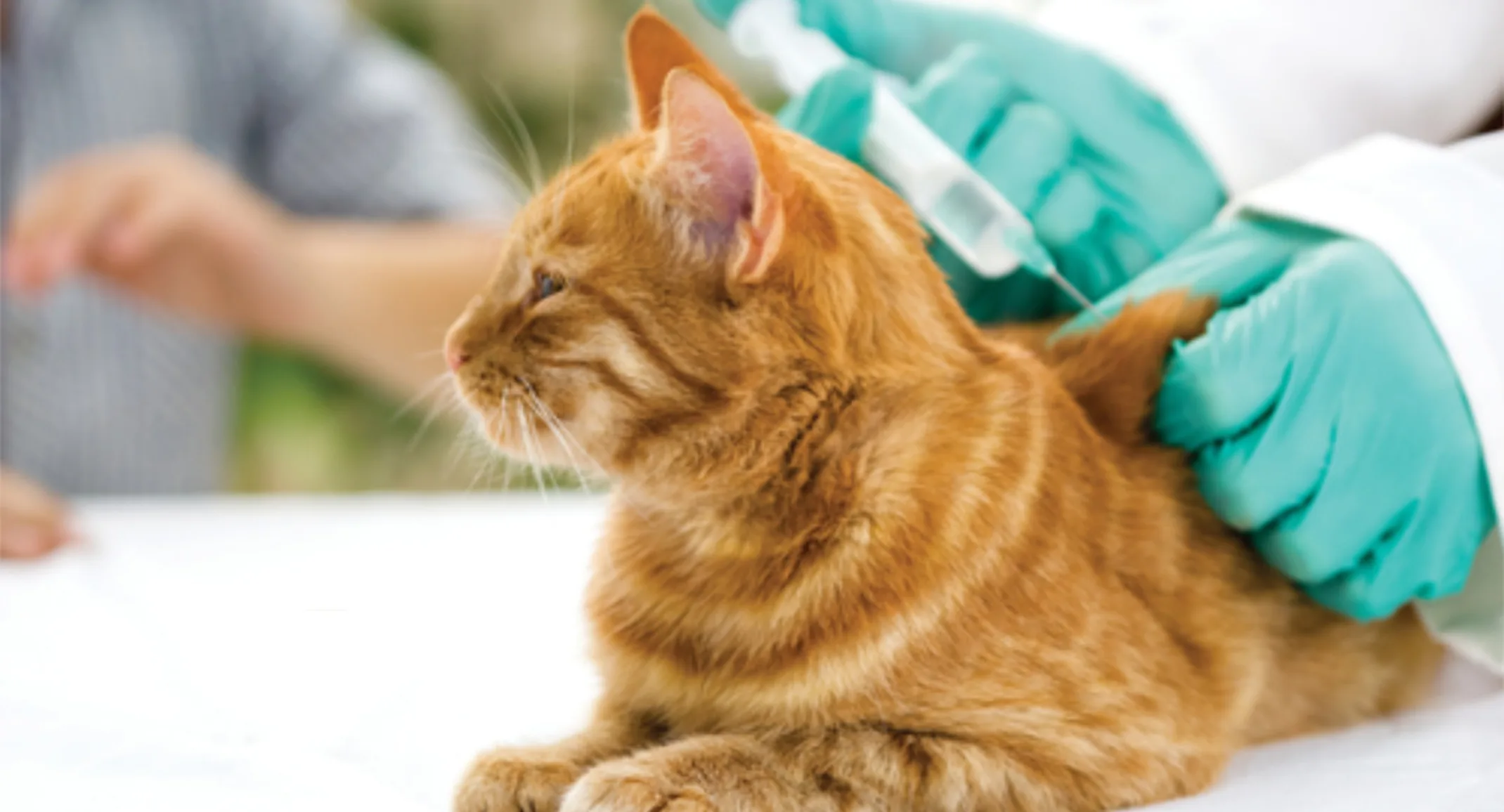The Importance of Routine Pet Blood Work
Blood Work

Establishing a “health baseline” for your pet through physical examinations, health history, and diagnostic testing. Routine pet blood work is a huge part of making sure your pet is healthy and catching and treating any health problems early.
Pet Blood Work 101
Routine pet blood work consists of two parts, the complete blood count (CBC) and chemistry panel. The CBC tells us everything about your pet’s red blood cells, white blood cells, and platelets.
Red blood cells
The amount and health of your pet’s red blood cells can give us an idea about your pet’s kidneys, spleen, and bone marrow, and whether or not they are dehydrated or anemic.
White blood cells
Levels of white blood cells can indicate infection, inflammation, or cancer.
Platelets
Platelet count is especially necessary to know prior to any surgery or procedure.
The chemistry panel measures the levels of certain components in the serum, which is the fluid in your pet’s blood.
Liver, kidneys, gallbladder
Levels of these enzymes give us a glimpse into the health of the organs and can indicate problems like kidney or liver disease.
Electrolytes
Electrolyte levels help us to determine if your pet is dehydrated and by how much (necessary when replenishing fluids via IV), signals certain endocrine diseases and helps to complete the overall health baseline needed when diagnosing a variety of conditions.
Blood glucose
Abnormal blood glucose levels can indicate diabetes, hypoglycemia, or certain other syndromes.
What Does It All Mean?
Although pet blood work won’t necessarily give us a diagnosis, it’s often impossible to make a diagnosis without it. For example, a blood test can’t diagnose cancer in a pet, but high liver enzymes, anemia, or atypical CBC results give us an excellent starting point for further testing.
Pet blood work can help us to identify a wide variety of disorders, including:
Autoimmune diseases
Dehydration
Anemia
Kidney disease
Tick-borne illnesses
Bacterial infection
Viral infection
Certain blood cancers
Bone marrow disorder
Poisoning
It would be nice if pet blood work was only needed every few years or so, but the reality is that a pet’s health can change rapidly. Yearly or bi-yearly blood work (for seniors and pets with health conditions) is needed in order to get the full picture of a pet’s health.
If you have any questions about pet blood work, please don’t hesitate to give your Conrad Weiser Animal Hospital team a call.


